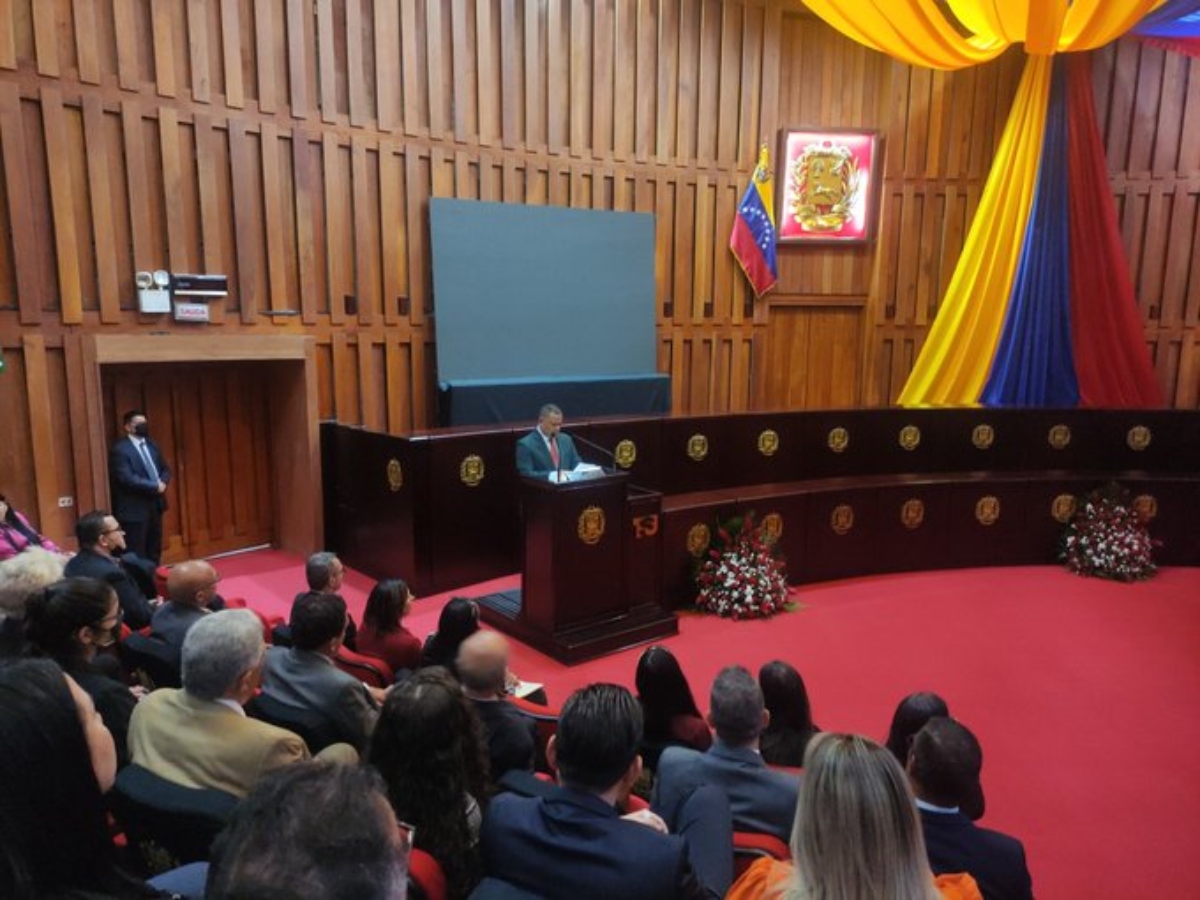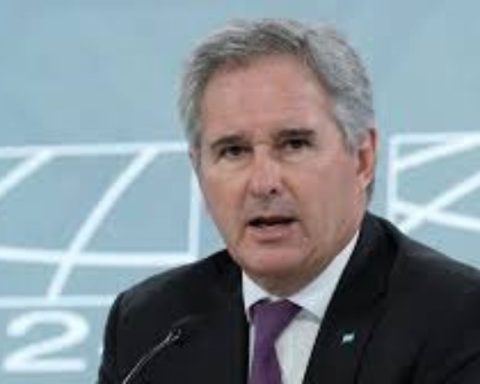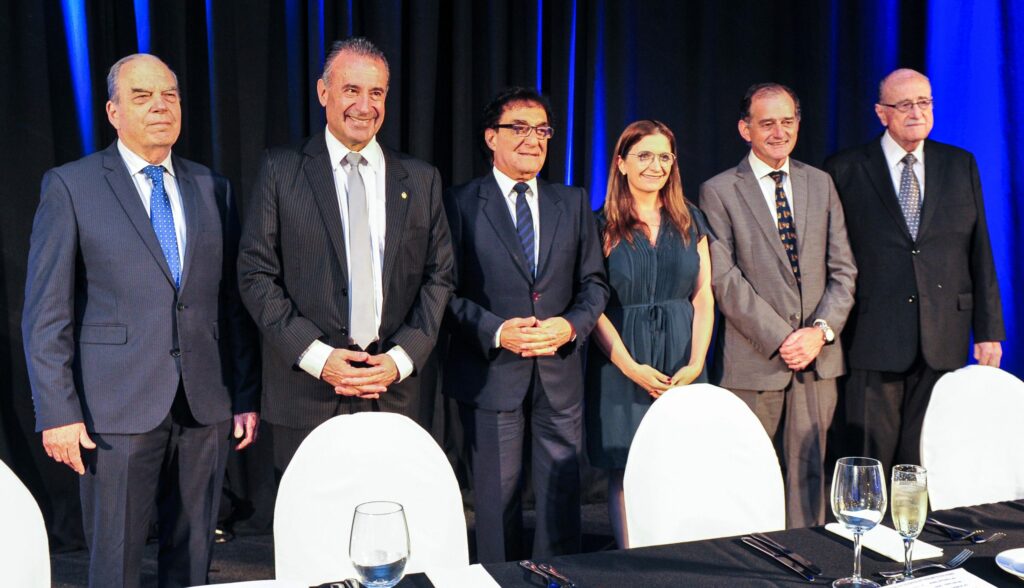This Thursday the Supreme Court of Justice holds the first Congress of Civil Procedural Law, to deepen the knowledge of the country’s judicial officials in this regard and as part of the transformation process promoted by the Judicial System.
The information was released by the Supreme Court of Justice (TSJ) through its account on the social network Twitter, in which it indicated that the start of the Congress was held by singing the National Anthem of Venezuela, with the presence of the president of the TSJ, Magaly Gutiérrez, and the magistrates and magistrates.
The event was organized by the Civil Cassation Chamber of the TSJ and is held from the Main Auditorium of the judicial headquarters, in Caracas.
During the Congress, topics such as Constitution and Process, Constitutional Interpretation of the Procedural Rule, and Modern trends in evidentiary matters will be addressed.
Rules of Procedural Law
The start of the Civil Procedure Congress was in charge of the president of the TSJ, Gladys Gutiérrez, who during her words recalled the three rules that are the foundation of procedural law: “defense and legal assistance are inviolable rights at all stages of any investigation; Every person has the right to be heard in any type of process with due constitutional guarantees and deadlines; Every person has the right to be tried by natural judges in the jurisdiction established by law.”
They call to reform the Civil Code
For his part, the president of the Civil Cassation Chamber of the TSJ, Henry Timaure, took the floor and thanked Judge Gutiérrez for allowing this Congress to take place.
Likewise, he stressed that it is a relevant activity and called to “fight the obstacles that may affect our exercise as judges”, to guarantee access and free justice.
In this sense, he invited judicial officials to join efforts to achieve the reform of the Civil Code.
He stressed that the first Congress of Civil Procedural Law aims to “deepen on relevant aspects in the civil procedural field, within the framework of the process of optimization, transformation and modernization promoted by the TSJ.”

















